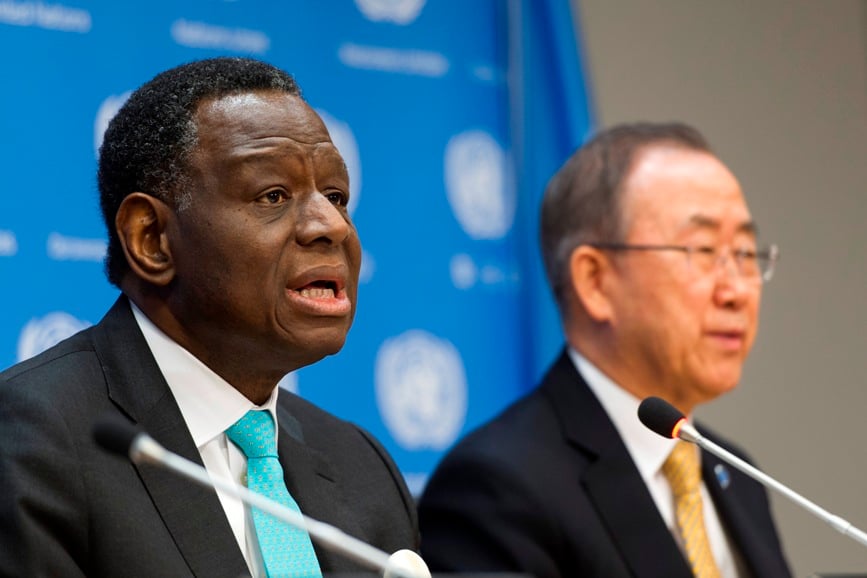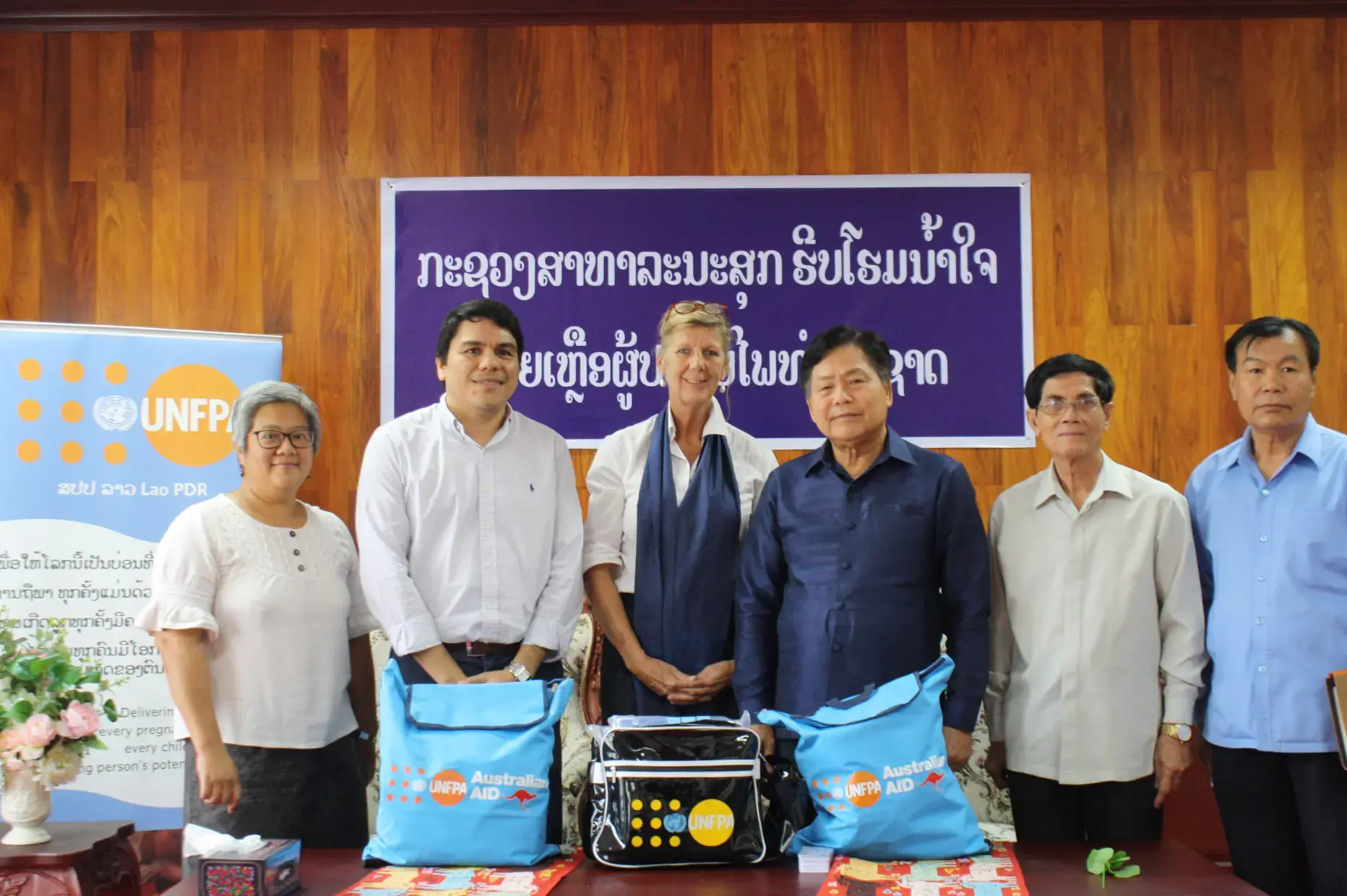
UNITED NATIONS, New York - A new report finds that growing inequalities will undo significant gains in health and longevity made over the past 20 years. To sustain these gains, the United Nations ICPD Beyond 2014 Global Report argues that governments must pass and enforce laws to protect the poorest and most marginalized, including adolescent girls and women affected by violence as well as rural populations.
The report is the first truly global review of progress, gaps, challenges and emerging issues in relation to the landmark International Conference on Population and Development (ICPD), held in Cairo in1994. It gathers data from 176 countries alongside inputs from civil society and comprehensive academic research. The findings provide compelling evidence strongly reinforcing the ground-breaking focus of the Cairo Action Programme, placing human rights and individual dignity at the heart of development.
"A fundamental commitment to individual dignity and human rights is the basis of a resilient and sustainable future," said UNFPA Executive Director, Dr.Babatunde Osotimehin. "We cannot afford to wait another 20 years to address the inequalities plaguing our collective well-being. The time to act is now. Development gains should not be limited to the fortunate; they should reach all populations."
The report clearly shows that the Cairo Programme of Action has significantly contributed to tangible progress: fewer women are dying in pregnancy and childbirth; skilled birth attendance has increased by 15 per cent worldwide since 1990; more women have access to education, work and political participation; more children are going to school, and fewer adolescent girls are having babies. Population growth has also slowed partly as a result of the new approach, which emphasized individual decision-making in population trends.
Yet, it also warns that these successes are not reaching everyone equally. In the poorest communities, women's status, maternal death, child marriage, and many of the concerns of the Cairo Conference have seen very little progress in the last 20 years, and, in fact, in some instances are being reversed. Life expectancies continue to be unacceptably low and 800 women a day still die in childbirth and there are still 222 million women without access to contraception and family planning.
Adolescent girls, in particular, are at risk in the poorest communities. More girls are finishing primary school, but they are facing challenges in accessing and completing secondary education. This is problematic for everyone because young girls - if provided with education, including comprehensive sexuality education, and employment opportunities - can support higher economic growth and development. Capitalizing on their aspirations will require deep investments in education and reproductive health, enabling them to delay childbearing and acquire the training needed for long, productive lives in a new economy.
"We must do our part to protect adolescent girls' right to access sexual and reproductive health services," said Dr. Osotimehin. "The report provides compelling evidence that sexual and reproductive health and rights are fundamental to achieving individual well-being, lower population growth, and sustained economic growth. To ensure women have a stake in their future, governments must enforce the rights of adolescent girls."
The report also finds, that the global community still must do more to protect women's rights, even beyond adolescence. Significant gains have been made, particularly with respect to maternal death, which has declined by nearly half (47 per cent) since 1994. Yet, in one of its most alarming statements, the report says that one in three women worldwide still report they have experienced physical and/or sexual abuse and there are areas where many men openly admit rape without facing consequences. And, in no country are women equal to men in political or economic power.
These findings provide a strong base of evidence for why, to maintain development gains, governments must enact and enforce laws that eliminate equality gaps. According to the report, 70 per cent of governments have said that equality and rights are priorities for development.
For more information or interview requests, please contact:
Mandy Kibel, +1 212 297 5293, kibel@unfpa.org; or
Omar Gharzeddine, +1 212 297 5028, gharzeddine@unfpa.org
Please find the full report here



